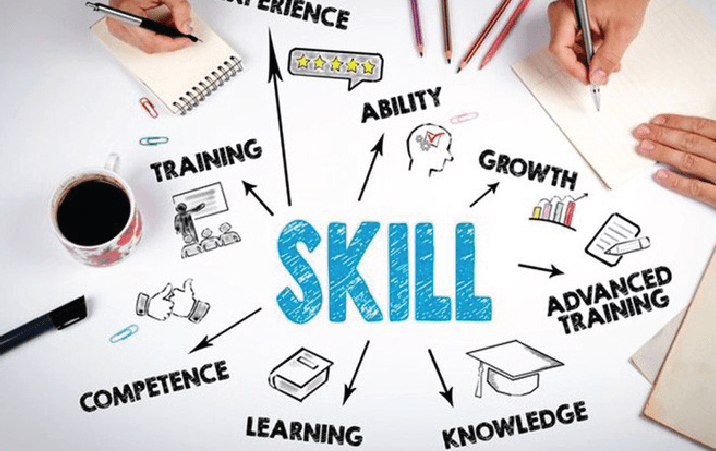The formative years are crucial in shaping the future of your young ones. In between these years, Concrete foundations must be made for the children. School education undoubtedly plays a vital role in shaping a child’s personality. When you hear the word education, most parents naturally think of academic excellence, which is important, but education is not limited to this.
This fast-paced world demands more than just good results and emphasises the importance of acquiring valuable life skills. Schooling without opportunities to develop and improve skills does not allow children to grow into well-rounded individuals.
In addition to excelling academically, children need to acquire skills that will help them improve the physical, artistic, and emotional aspects of their lives and survive in this competitive world.
Below are key factors that highlight the importance of holistic early skills development in school education:
Increases creativity
A school curriculum that incorporates skill-based learning enhances their creativity. Students can grasp and learn new skills, and when exposed to new experiences through skill development, they can compete in this fast-moving and competitive world. Schools need to encourage them to get involved in dancing, singing, and drawing.
It promotes independent thinking
When students have multiple ways to learn, they become confident and independent individuals. Freedom doesn’t come from cramming, but it does from applying concepts in the real world. A curriculum based on developing skills encourages children to think more deeply and solve problems independently. They build high self-esteem because they are prepared to think critically and analytically from an early age. Learning life skills naturally makes them independent thinkers and instils vital leadership skills that will help them excel in whatever profession they choose in the future.
Accept failure with grace
Skill development and training help instil emotional maturity in students. Learning new skills requires students to be willing to experiment. In doing so, they may face setbacks and disappointments, which will eventually prepare them to accept failure with grace and develop a “never give up” attitude. Students develop a growth mindset as they try new things, fail, and continue with persistence. Not being afraid of failure is crucial to achieving success in life, and children learn this amazing life lesson at a young age.
Contribute to the skilled workforce of the future
Starting skills development in schools at an early age can have a long-term positive impact on the general workforce structure of a country. Students can easily develop applicable skills when they receive a holistic education. With the latest technology enabling audiovisual learning, and interactive and smart classrooms, our pupils have a better chance of becoming more competent. Early introduction of skills development into the curriculum helps the transition of students to working professionals. Also, as a cherry on top, the country will have a better quality workforce in the pipeline.
Early childhood is a critical time for the brain when connections become the foundation for a child’s future health, learning, and behaviour. Adolescence is also a vital “window of opportunity” for building core life skills—and for practitioners to provide support.
Want to develop skills? For more information, visit our website – https://www.ulektz.com/
Author
Mr. Sadiq Sait M.S








